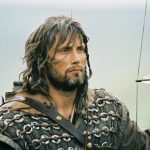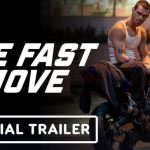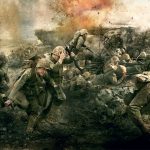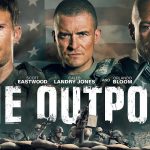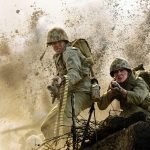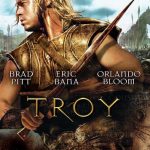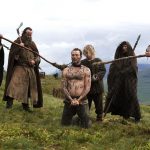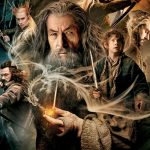🎬 Butch Cassidy and the Sundance Kid (1969)
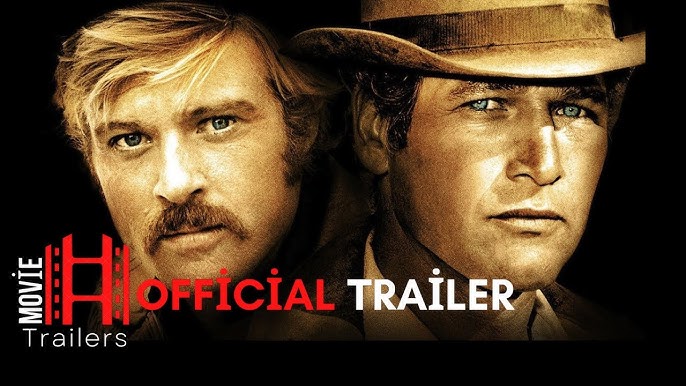
🎬 Butch Cassidy and the Sundance Kid (1969): Outlaws, Adventure, and Friendship
Butch Cassidy and the Sundance Kid (1969) is a Western classic that combines thrilling action, humor, and poignant storytelling to tell the tale of two legendary outlaws. Directed by George Roy Hill, this film redefined the Western genre with its sharp wit, charismatic leads, and innovative filmmaking.
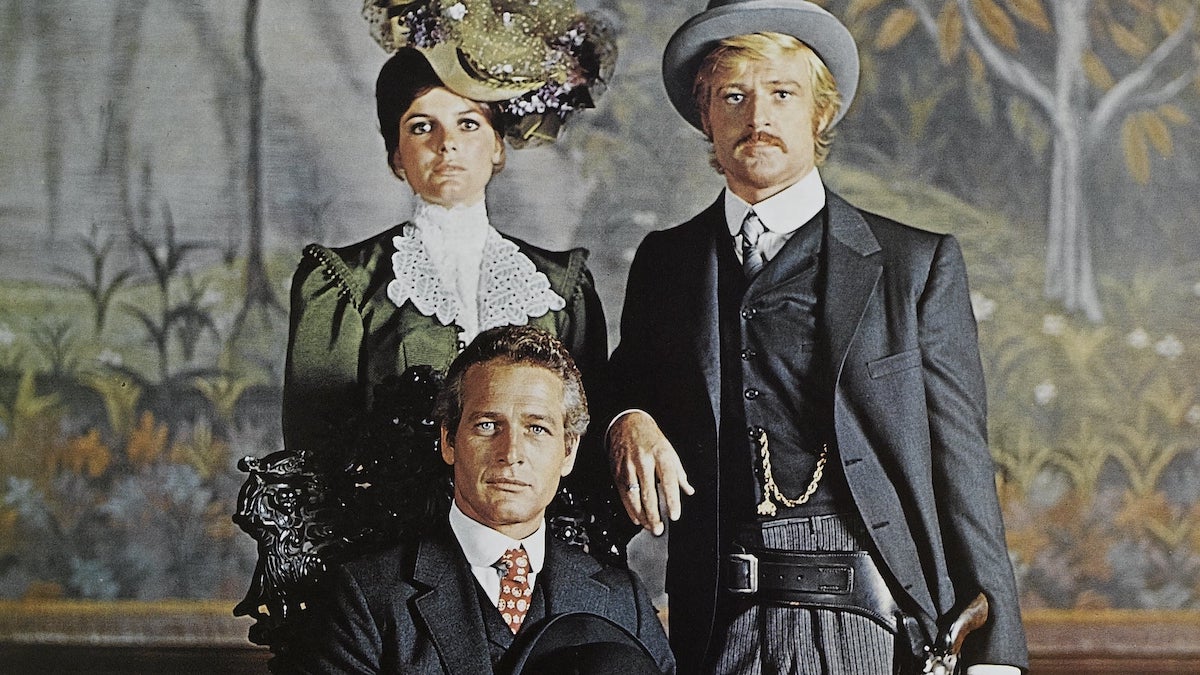
The movie stars Paul Newman as Butch Cassidy, the charming and quick-witted leader of the infamous Hole-in-the-Wall Gang, and Robert Redford as the Sundance Kid, his sharp-shooting, stoic partner. Together, they form an unforgettable duo whose camaraderie and banter anchor the film.
Set at the turn of the 20th century, the story follows Butch and Sundance as they navigate the changing landscape of the American West. Their gang specializes in robbing banks and trains, but their audacious exploits soon attract the relentless attention of law enforcement. A powerful posse is assembled to hunt them down, leading to a gripping game of cat and mouse across breathtaking landscapes.
As their options dwindle, Butch and Sundance decide to flee to Bolivia with Sundance’s love interest, Etta Place (played by Katharine Ross). The trio’s adventure in South America is filled with both triumphs and tribulations, showcasing their adaptability and resilience even as their outlaw lifestyle becomes increasingly unsustainable.
The film’s iconic screenplay, written by William Goldman, is a masterpiece of dialogue and character development. The interplay between Newman and Redford is electric, creating a dynamic that is equal parts comedic and heartfelt. Memorable lines like “Who are those guys?” encapsulate the duo’s incredulity at their relentless pursuers and add a layer of humor to their predicament.
Cinematographer Conrad Hall’s work is another highlight, with sweeping vistas of the American West and Bolivia providing a stunning backdrop. The use of sepia tones during the film’s opening and closing sequences lends a nostalgic, almost mythical quality to the story.
One of the most distinctive elements of the film is its soundtrack, composed by Burt Bacharach. The song “Raindrops Keep Fallin’ on My Head,” performed during a lighthearted bicycle-riding scene, is an unexpected yet iconic addition that became a pop culture phenomenon.
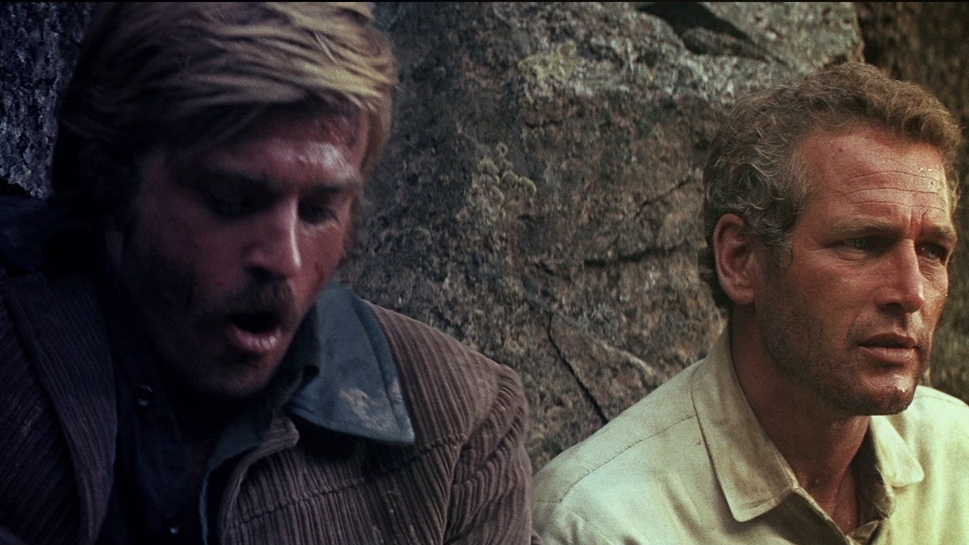
Despite its humor and charm, the film doesn’t shy away from exploring the deeper themes of friendship, loyalty, and the inevitable passage of time. Butch and Sundance are portrayed not just as outlaws but as men grappling with the end of an era and their place in a changing world.
The climactic final scene is a cinematic tour de force, blending tension, tragedy, and ambiguity. Cornered by Bolivian soldiers, Butch and Sundance make a fateful decision to face their enemies together, guns blazing, in one last stand. The freeze-frame ending immortalizes their legendary status while leaving their ultimate fate to the imagination.
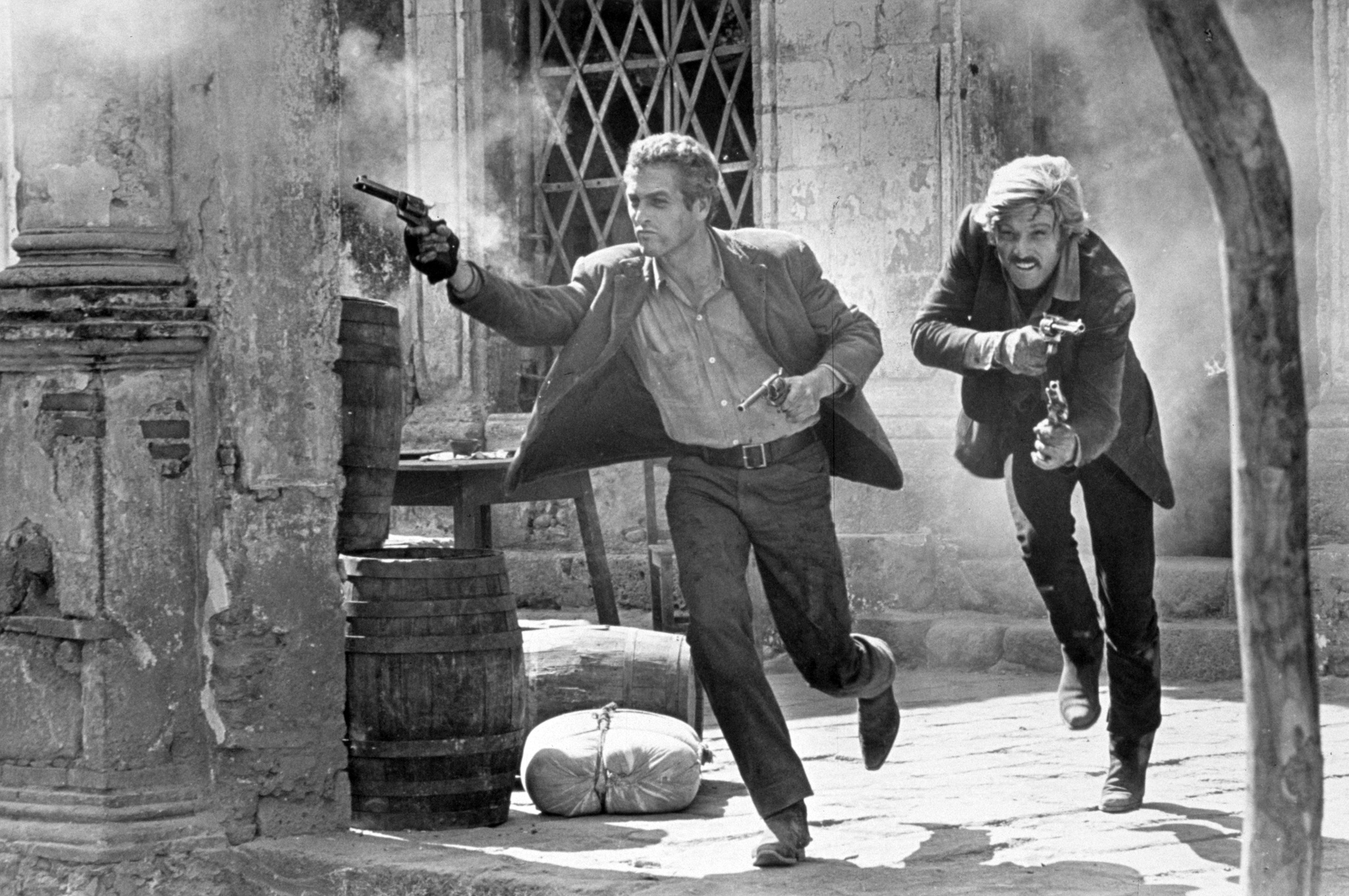
Butch Cassidy and the Sundance Kid was a critical and commercial success, winning four Academy Awards, including Best Original Screenplay, and solidifying Newman and Redford as Hollywood icons. Its innovative approach to the Western genre, blending traditional elements with modern sensibilities, ensures its place as one of the greatest films of all time.
This is more than a Western; it’s a celebration of friendship, adventure, and the indomitable spirit of two outlaws who lived—and died—on their own terms. 🤠✨


